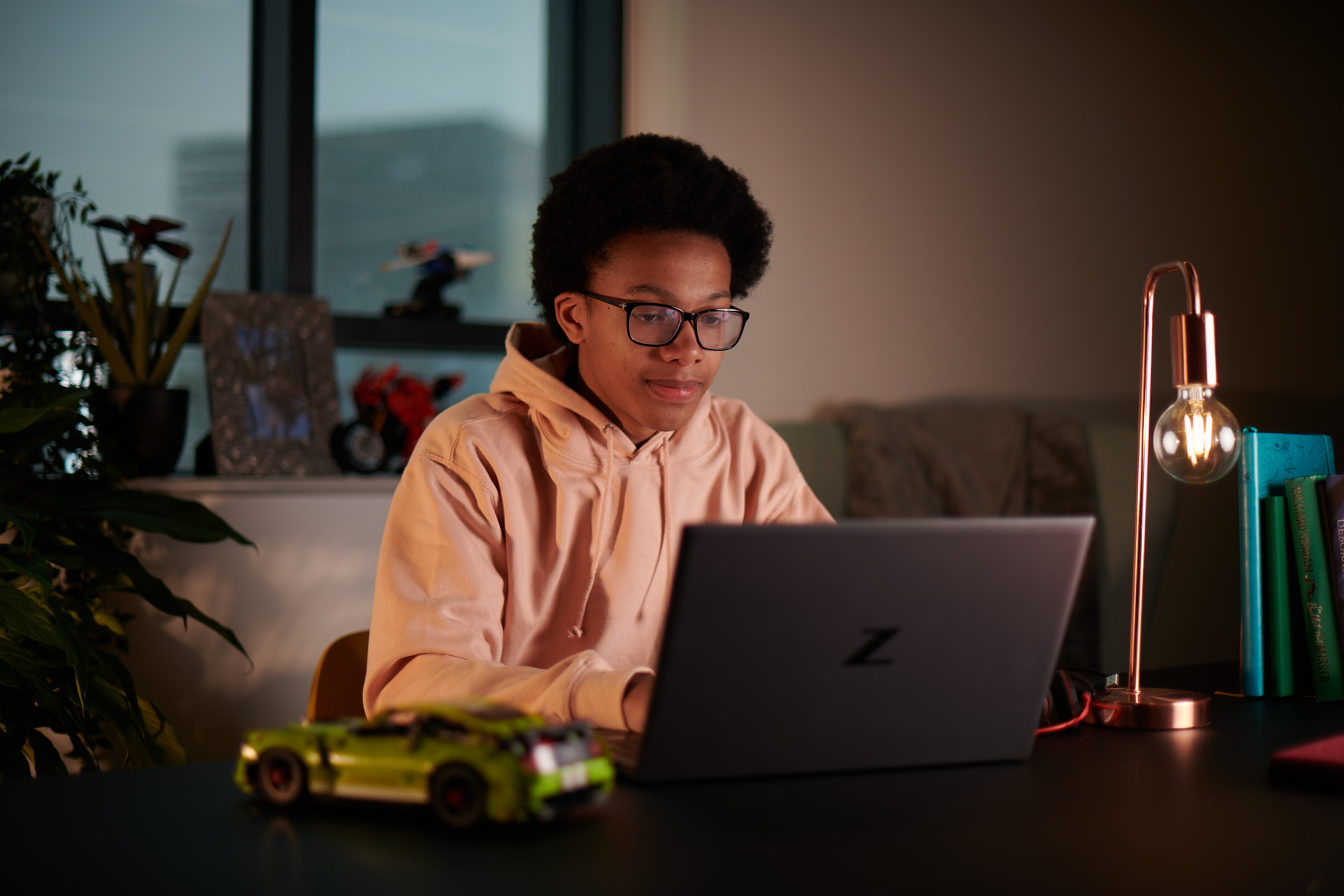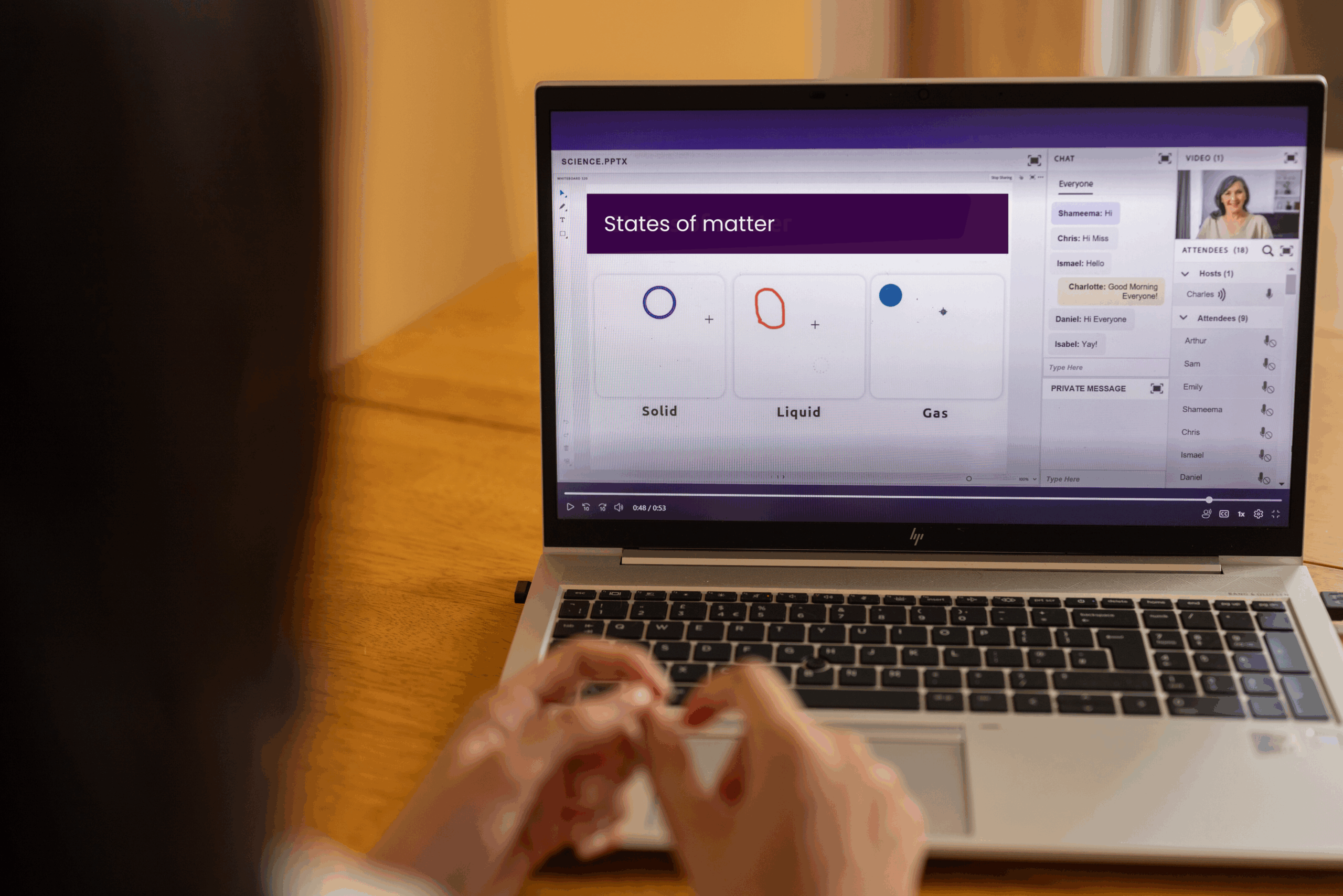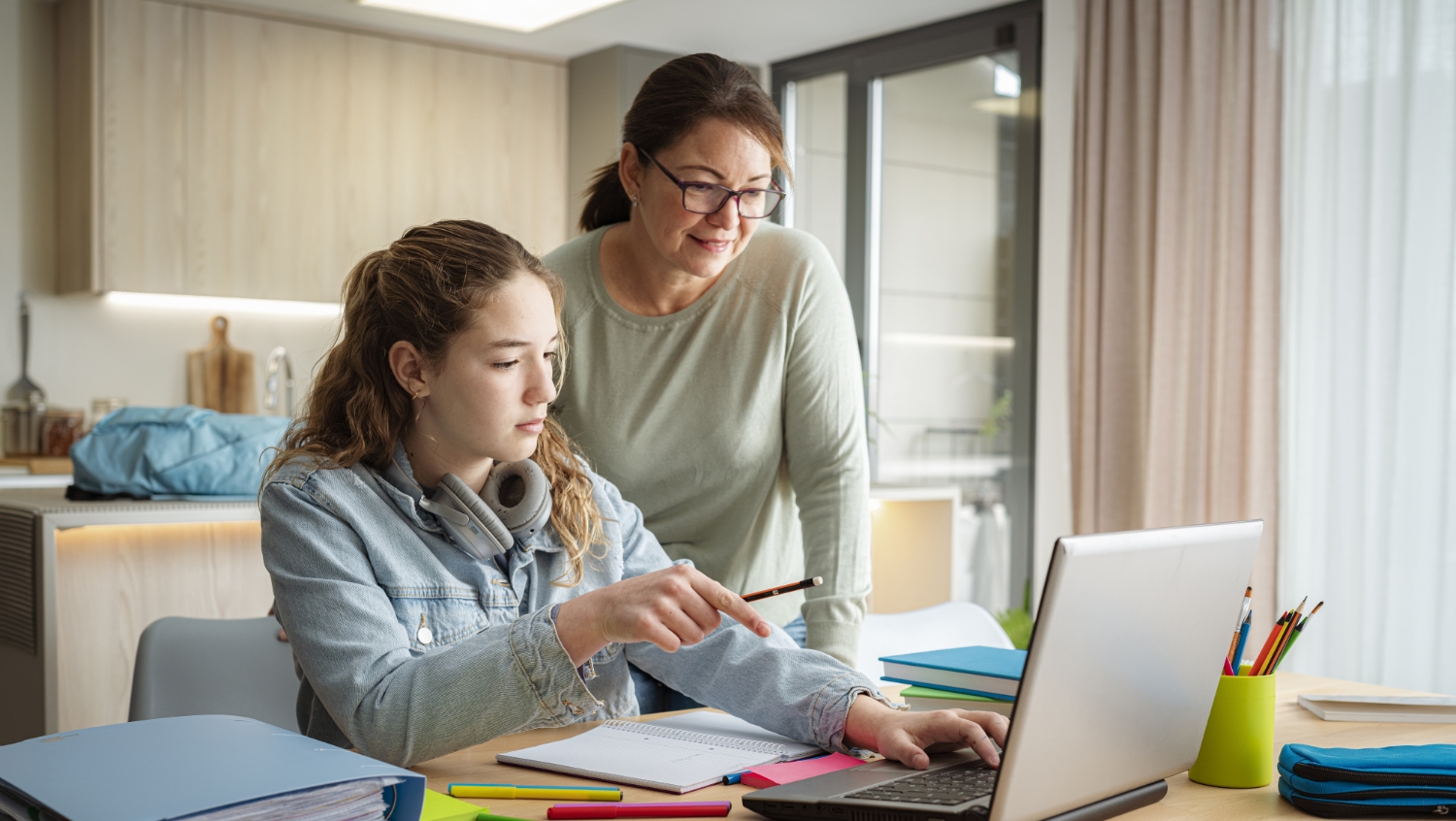Why leading education systems invest in remote learning

“EdTech can take that gift and make it stronger, spread it further, share it with more children… It can help us to reach learners who might otherwise be left out…”
— Secretary of State for Education, Education World Forum 2025
This powerful statement reflects a growing global consensus: technology is not just an enhancement to education, but a bridge to opportunity. Around the world, governments are investing in EdTech and remote education not as a reaction to disruption, but as a strategic tool to expand access and raise standards.
At Academy21, we witness every day how live online learning connects young people with excellent teaching, keeping students engaged, supported, and progressing, even when physical attendance isn’t possible.
The modern access challenge in education
Throughout history, innovation has solved society’s biggest challenges, from the printing press to penicillin. Education today faces its own mounting pressures: persistent absenteeism, stretched budgets, teacher shortages, rising disengagement, and the growing need for tailored support for pupils with SEND.
Behind all these issues lies a common thread: a lack of access to high-quality teaching, particularly for the students who need it most. Yet in 2025, this need not be the case.
The tools to address these gaps already exist. Remote education has matured well beyond its emergency use during Covid-19; it is now a structured, scalable solution ready to be embedded in national strategy. What’s missing is ambition.
Remote education: a proven, scalable solution
Remote education is not a silver bullet but it is a powerful part of the answer. Across the UK, hundreds of schools already work with Academy21 to connect students to expert teachers through high-quality live online lessons. Consider three scenarios:
1. Supporting students with complex needs
For some learners, attending a physical classroom is not a viable option, whether due to mental health challenges, medical needs, or traumatic experiences in or outside of their previous mainstream school.
These challenges should never mean a child is left without access to high-quality teaching. Remote education offers a flexible, effective way to keep students engaged in learning, supported by expert teachers, and connected to a routine, so they can eventually return to their mainstream school.
2. Tackling teacher shortages
In many schools, recruiting and retaining teachers in specific subjects, particularly sciences, mathematics, and modern foreign languages, remains a persistent challenge. These gaps can limit curriculum breadth and affect continuity of learning.
Online provision offers an immediate, high-quality solution. Through live, timetabled lessons delivered by subject specialists, services like Academy21 ensure that pupils continue to receive expert teaching whether they are learning remotely or attending school in person. This approach helps schools uphold academic standards and avoid narrowing the curriculum when staffing is under strain.
3. Expanding curriculum opportunities
Some subjects are difficult for schools to offer due to limited staff capacity or low student numbers. This can restrict pupils’ options and affect engagement, especially at Key Stage 4 and post-16.
By partnering with accredited online providers, schools can broaden their curriculum and give pupils access to a broader range of subjects delivered by qualified teachers.
This flexible model supports learner choice, enhances personalisation, and helps schools meet the diverse interests and aspirations of their students without overextending internal resources.

Learning from global leaders
The UK is no stranger to innovation. Projects like the 100000 Genomes Project and investments in quantum technologies show what’s possible when we commit to progress. But in education, we risk falling behind. Nations like Singapore, Estonia, and the United States are already integrating remote learning into their national systems with powerful results.
Singapore: technology as a core educational strategy
In the 2022 PISA rankings, Singapore scored significantly higher than all other participating economies in mathematics, reading, and science. It was dominant across the board. There are myriad reasons for this, but what stands is that, in a country that knows what educational progress should look like, there is a clear, long-term strategy for educational technology: Transforming Education through Technology: Masterplan 2030.
Under this plan, every secondary student is provided with a personal digital device, ensuring equitable access to online resources. Schools have integrated structured ‘home-based learning’ days into the timetable, where students engage in remote learning from their own homes.
Rather than rolling back on digital education after the pandemic, Singapore has made it a permanent and embedded part of schooling. Hybrid learning is now embedded into Singapore’s system for its proven benefits: digital literacy, learner independence, and improved accessibility.
Estonia: equity through e-education
Estonia, recognised as one of Europe’s highest-performing education systems, similarly embraces digital technology as a catalyst for educational equity and quality. Its national education strategy highlights digital learning as a ‘social lift’, using technology to remove barriers and provide every student with access to excellent teaching and learning resources.
A central feature is the widespread use of virtual classrooms, where live, interactive lessons can be conducted online in real time. This model replicates the traditional classroom experience, allowing teachers and students to interact dynamically regardless of their physical location.
Estonia’s digital infrastructure includes a comprehensive national learning management system that supports students, parents, and educators by providing real-time updates on progress, assignments, and learning materials. The government’s commitment extends to specialised tools and technologies explicitly designed to support learners with SEN.
The UK’s opportunity to lead with intent
The UK has already laid the groundwork for high-quality online education. The Department for Education’s Online Education Accreditation Scheme provides a robust framework for safeguarding, curriculum standards, and teaching quality, ensuring providers like Academy21 are accountable and effective.
But while the infrastructure exists, the national strategy has not yet caught up with the potential. Across the country, schools are navigating significant challenges: increasing pupil absence, pressure on in-school capacity, and persistent difficulties in recruiting and retaining subject specialists. At the same time, students with SEN often face delays in accessing the tailored support they require.
According to recent research, 88% of teachers say they need greater support for learners with SEND. What they ask for is not simply more training but more time, greater flexibility, and access to adaptable resources.
This is where online teaching can make an immediate difference. When integrated intentionally within a school’s wider provision, remote education enables timely intervention, maintains subject expertise, and helps close support gaps before they widen. The model is already working in hundreds of schools; it’s now a question of strategic scale.

A vision for inclusive, future-ready education
As the Secretary of State stated at BETT 2025, “the world of even five years ago is gone forever.” A single model of daily, on-site attendance will continue to serve most learners – but not all.
For those who cannot access full-time physical education due to health, emotional needs, or other circumstances, live online teaching, delivered by qualified professionals and built into the fabric of school provision, can provide a lifeline. It can strengthen the system with flexible, responsive alternatives that ensure every pupil can access quality learning.
Let’s work together to support students
At Academy21, we believe every child deserves access to excellent teaching, regardless of their personal circumstances or challenges. Online provision is already transforming outcomes for pupils across the UK, particularly those who might otherwise be without appropriate support.
With the right strategy, leadership, and investment, we can extend this success to many more learners. If you would like to see how Academy21 can support your students or have any questions, don’t hesitate to contact our friendly team.



